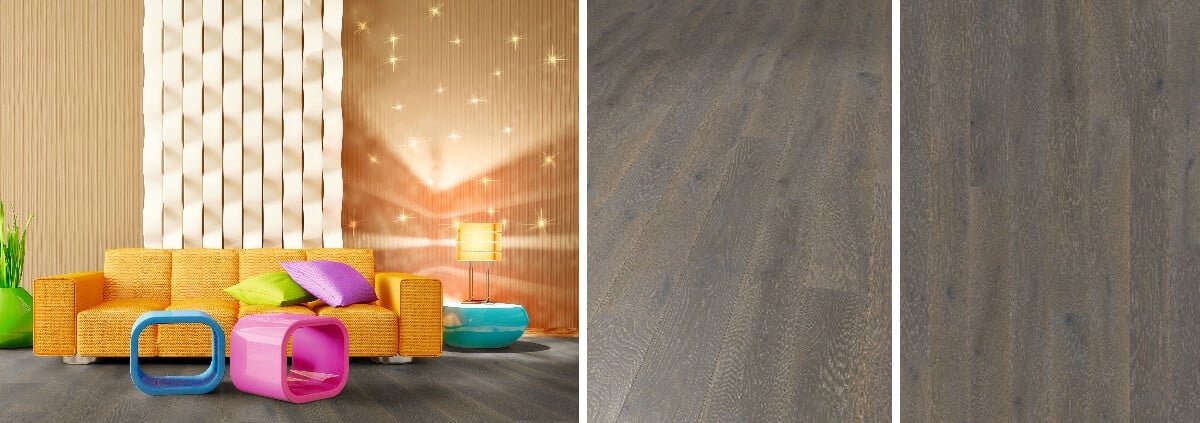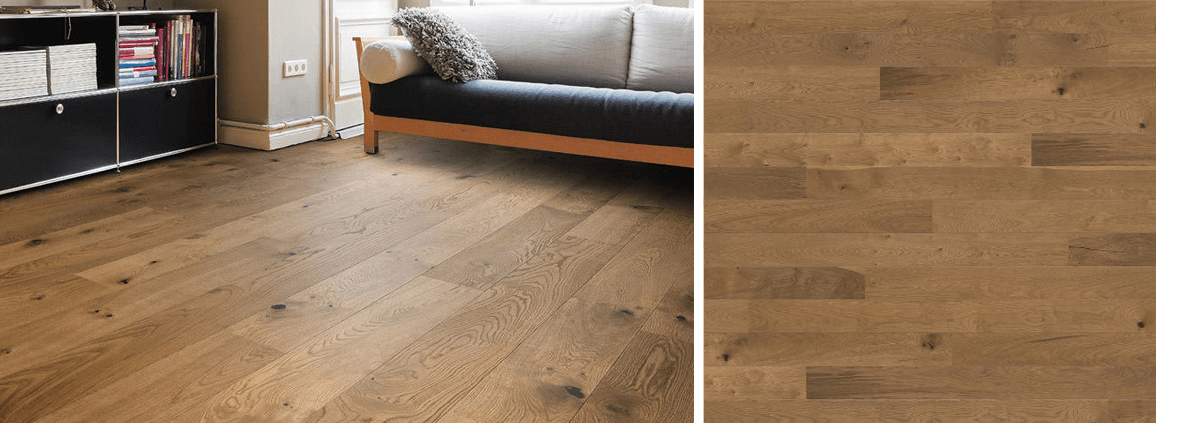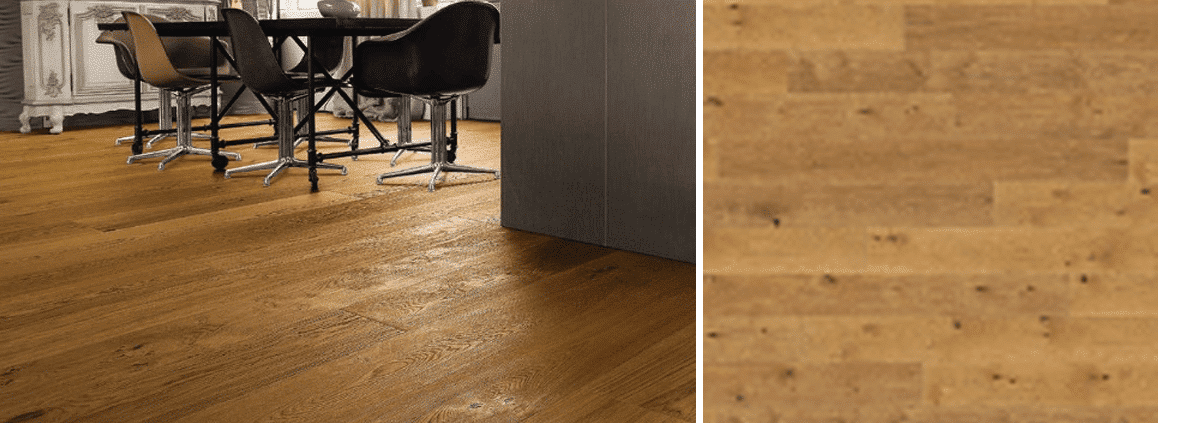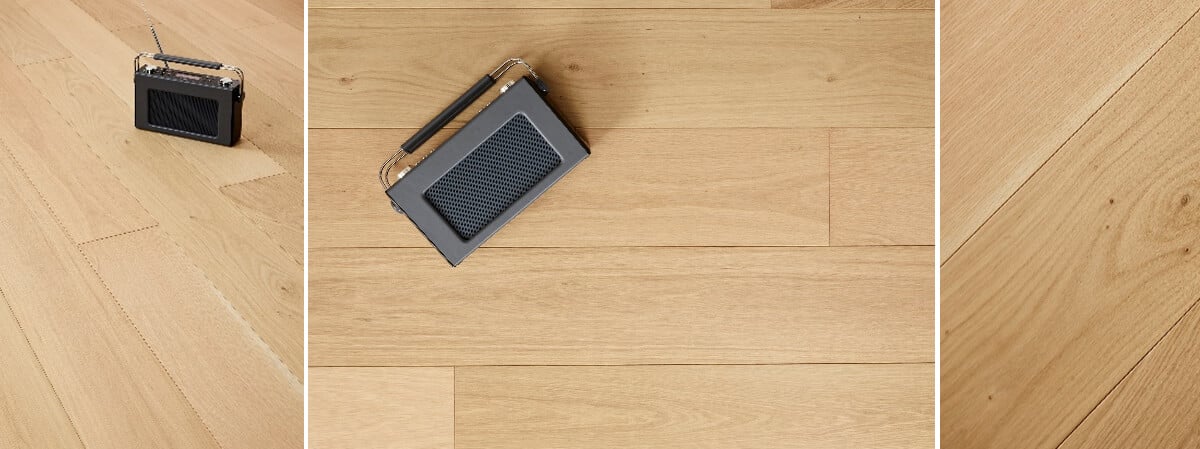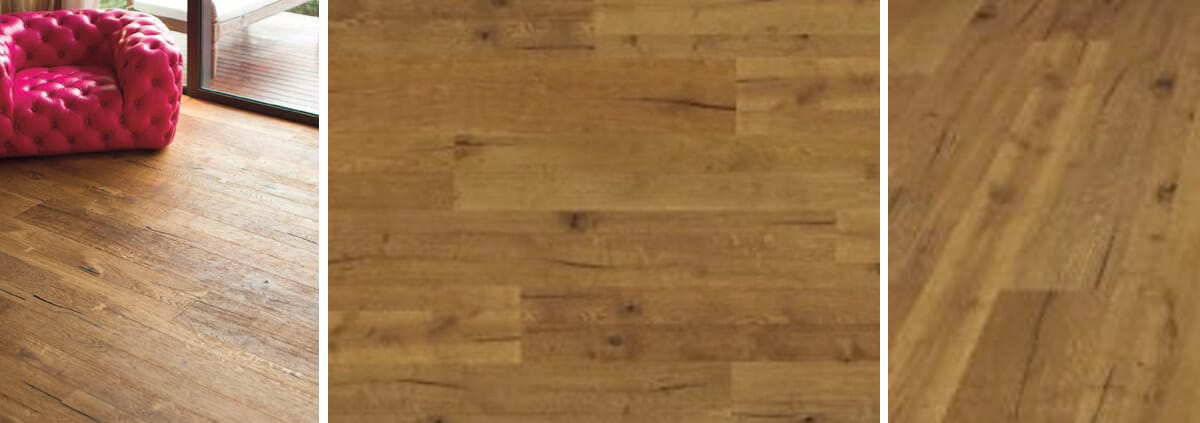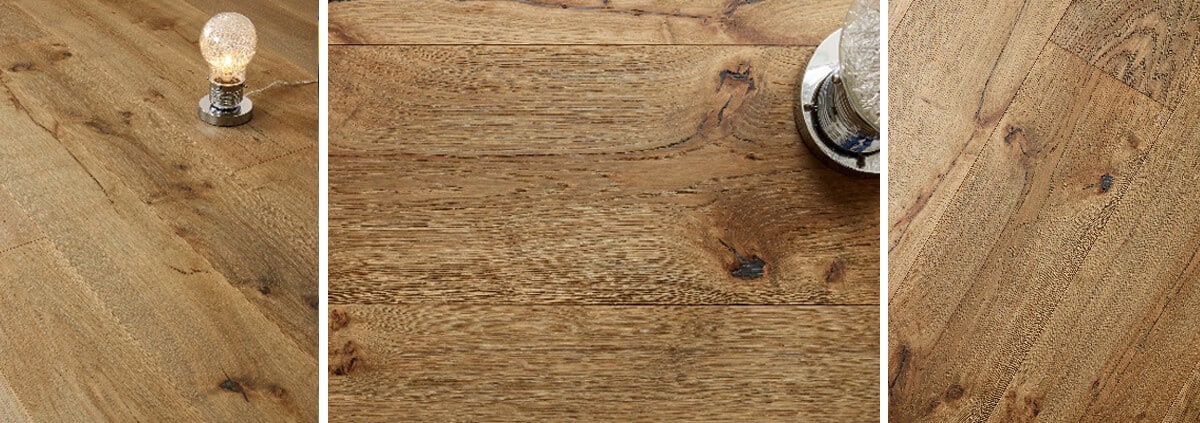Best floor sander for hardwood floors - Top 7 Picks for 2025
What makes a floor sander the best for hardwood floors?
The best floor sander for hardwood floors balances three core factors: efficiency, finish quality, and safety. A high-quality sander should remove old finish and level uneven boards without gouging thin planks. It should create a smooth, uniform surface to accept staining or sealing, and it should operate with minimal dust and noise. In the UK market, reputable brands offer a range of drum sanders, belt sanders, edgers, and multi-disc sanders designed specifically for wood floors. When selecting a machine, consider the job size, existing floor condition, and your experience level. Explore our engineered and decorative options such as Loch Achray and Herringbone solid solid to match your project needs. Additionally, consult industry resources on floor preparation best practices from FWVK for standards on dust control and safety.
Types of sanders commonly used for hardwood floors
- Drum sanders These are powerful machines ideal for removing heavy finishes and leveling high spots across large areas. They require careful handling to prevent gouges and are best used by experienced operators.
- Belt sanders Similar to drum sanders but with a belt that provides aggressive material removal. They are effective for rapid stock removal but can gouge if not controlled.
- Random orbital sanders Best for finishing stages and final passes. They produce less gouging and are ideal for delicate edges and corners when used with proper technique.
- Edge sanders (edgers) Essential for sanding around the perimeter, where drum and belt sanders cannot reach. They help create a uniform edge finish.
- Palm sanders Lightweight options for touch-ups, corners, and small areas that require fine work.
Factors to consider when choosing the best sander
- Floor type: Engineered wood floors require careful material removal to prevent uneven edges, while solid hardwood can tolerate more aggressive stock removal when done by a seasoned operator.
- Finish removal: The existing finish and its thickness determine whether you need a heavy stock removal phase (drum or belt) or a finishing pass (random orbital).
- Condition of boards: If boards are cupped, warped, or have gaps, you may need to work in stages and potentially replace or fill damaged areas.
- Dust control: Look for sanding machines with integrated dust collection or compatibility with a dust extractor to keep the workspace clean and minimize health risks. For additional suggestions on dust management, see ISO dust control guidelines.
- Noise and vibrations: For residential jobs, quieter models and those with reduced vibration improve comfort and safety for occupants.
- Budget and availability: Consider rental vs. hire-purchase options and the local availability of reputable brands through UK suppliers.
Local insight: hardwood flooring in the United Kingdom
Nationwide Hardwood Flooring Company serves customers across the UK, including major hubs with rich timber traditions such as London, Manchester, Birmingham, and the coastal regions of the South East. In London, engineered oak flooring is a popular choice for its durability and aesthetic appeal, while traditional solid oak flooring remains a staple in period properties. When planning a sanding project, local suppliers offer a range of sanders and consumables, from sanding belts to dust bags, tailored to UK standards and safety regulations. You can view related products like Balmoral engineered flooring. For guidance on UK regulations and best practices, refer to the Health and Safety Executive guidance on woodworking dust exposure at HSE Dust in Woodworking.
Step-by-step guide to sanding hardwood floors
Follow this practical workflow to achieve a professional result. Adjust steps to match the floor type and room layout, and always test a small area before full-scale work.
- Assessment and prep: Inspect boards for damage, check for nails or fasteners protruding, and measure moisture content to prevent future warping. Remove furniture and secure the room with plastic sheeting or doors if needed.
- Protection: Wear appropriate PPE, seal off adjacent rooms, and ensure good ventilation. Prepare drop cloths for stair edges and delicate trim.
- Initial sanding: Use a drum or belt sander for the main area to remove old finishes and flatten high spots. Work with consistent overlaps and keep the sander flat to avoid gouges.
- Edge work: Switch to an edge sander to reach the perimeter and hard-to-reach spots. Take care around walls and radiator pipes to avoid gouging.
- Intermediate sanding: Progress to a finer grit to refine the surface and remove sanding marks from the initial pass. Vacuum dust between passes.
- Final finish pass: Use a random orbital sander with a high-quality grit (e.g., 120-150) for a smooth finish. Inspect for uniformity and repair any imperfections.
- Cleaning and finishing: Remove all dust, apply stain if desired, and seal with a compatible finish such as polyurethane. Allow adequate drying time per product guidance.
Tips for achieving a durable, beautiful finish
- Choose the right grit progression: typically start with 40-60 grit for heavy stock removal, move to 80-100 grit, then finish with 120-150 grit for a smooth surface.
- Test staining on a hidden area to ensure color consistency before proceeding across the floor.
- Maintain consistent sanding pressure and speed to avoid creating dips or grooves.
- Seal the edges and corners thoroughly to prevent moisture intrusion and finish failure.
- Consider engineered hardwood flooring with a pre-finished surface if time or budget is limited, while still achieving a high-end look.
Engineered vs. solid wood: does sanding differ?
Engineered wood consists of a veneer bonded to layers of plywood or high-density fiberboard. It generally tolerates sanding better than thick-sawn solid wood but has limited refinishing cycles depending on veneer thickness. Solid hardwood floors can be sanded multiple times but require careful maintenance to avoid reducing plank thickness over time. When in doubt, consult an experienced floor fitter from Nationwide Hardwood Flooring Company to determine the appropriate approach for your specific floor.
How to hire the right floor sander and installer
Choosing a reputable contractor is crucial for an optimal outcome. Look for local expertise, transparent pricing, and documented references. At Nationwide Hardwood Flooring Company, we offer experienced floor contractors, floor fitters, and comprehensive service from assessment through finishing. Here are some hiring tips:
- Request a written quote that itemizes materials, labor, and any incidental costs.
- Ask about dust management systems and safety protocols.
- Confirm the project timeline, including drying and curing times for finishes.
- Check that the team has proper insurance and licenses where applicable.
- Review before-and-after photos or site visits to gauge workmanship quality.
Cost considerations: estimating sanding and finishing
Pricing for sanding projects varies by room size, floor condition, and finish choices. A typical budget includes dust extraction, sanding discs or belts, edge work, filler, stain, and topcoat. In the UK, the cost to sand and finish a room often ranges in the mid-to-high hundreds of pounds for standard rooms, with larger or more complex spaces costing more. Always obtain a written estimate from a qualified flooring contractor to avoid unexpected charges. Related service pages include wooden floor installation for a complete refurbishment pipeline.
Frequently asked questions
- How long does bench sanding take?
- Most moderate-sized rooms can be completed in one to two days, including drying time for finishes. Larger projects may require additional days.
- Can I sand my floor myself?
- Yes, with the right equipment and precautions. However, for best results and to protect warranties, many customers rely on professional floor fitters and contractors who have experience with edge work and finish applications.
- What finish should I choose?
- Polyurethane, water-based poly, and oil-based finishes each have pros and cons. Water-based finishes dry faster and expose less amber tone, while oil-based finishes are often more durable. Your choice should align with traffic, room use, and desired aesthetic.
Local hotspots and notable facts for the UK regions
When planning a floor sanding or installation project, consider regional characteristics. In London, heritage properties frequently feature solid oak floors with intricate parquet patterns that benefit from professional refinishing. The Southeast offers access to diverse timber suppliers and showrooms, making it easier to compare engineered timber options and herringbone patterns. In the Midlands and North, robust supply chains enable quick access to sanding equipment and consumables from trusted UK brands. Nationwide Hardwood Flooring Company prioritizes local sourcing and knowledgeable staff to help you select the best hardwood flooring option for your home or business. For related products, see Burghley herringbone and Witley herringbone.
Why choose Nationwide Hardwood Flooring Company
As a leading flooring company, we provide comprehensive services, from initial consultation to final finish. Our team includes experienced floor contractors and floor fitters who understand the nuances of engineered wood, solid oak, and decorative parquet patterns such as herringbone and chevron. We offer affordable pricing, a wide range of flooring types, and tailored recommendations to suit your space, budget, and style preferences. Contact us at tel 07940 528 315 or email enquiries@nhfcompany.co.uk for a no-obligation quote.
Conclusion
Choosing the best floor sander for hardwood floors requires balancing efficiency, finish quality, and safety. With the right equipment, local knowledge, and professional guidance from Nationwide Hardwood Flooring Company, you can achieve a stunning, durable floor that enhances any room. Whether you are refinishing oak floorboards or installing engineered timber floors in a busy commercial environment, the right sanding approach will ensure lasting beauty and value.
Nationwide Hardwood Flooring Company — for quality hardwood flooring solutions across the UK. Tel 07940 528 315 | Email: enquiries@nhfcompany.co.uk


